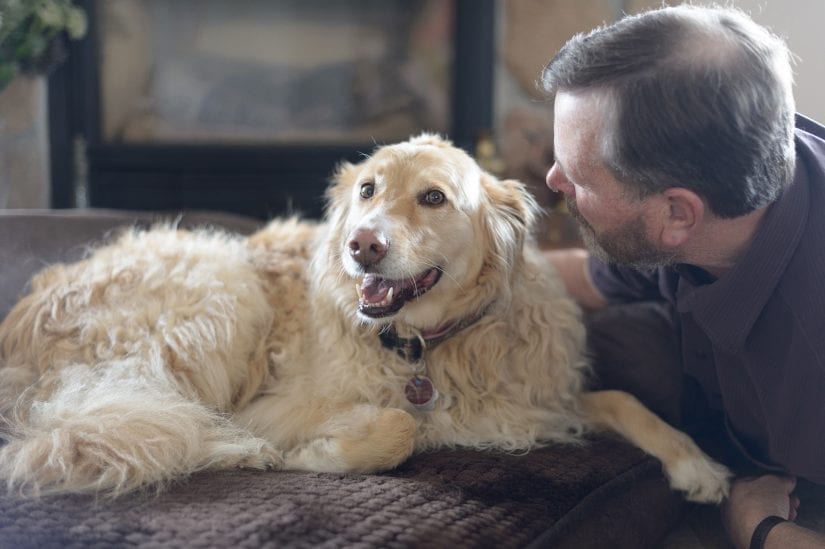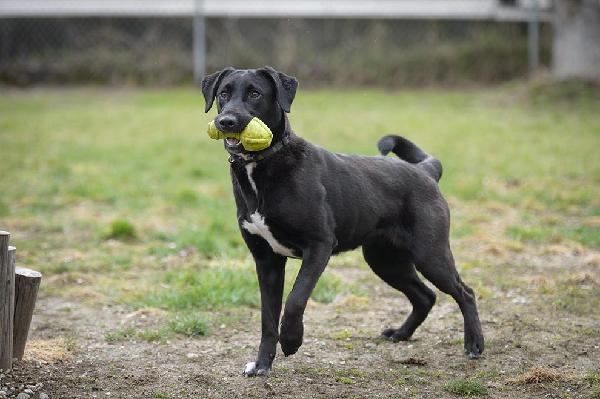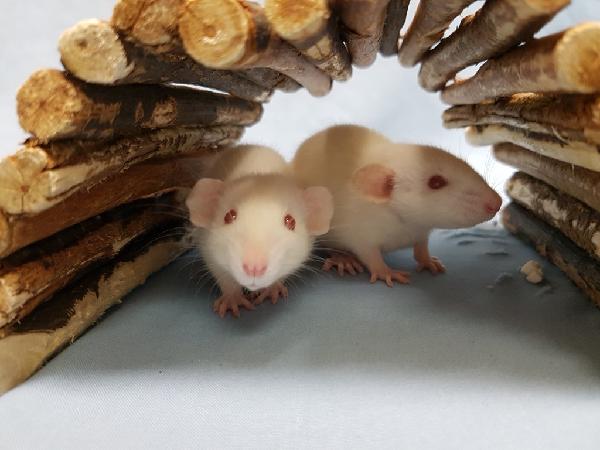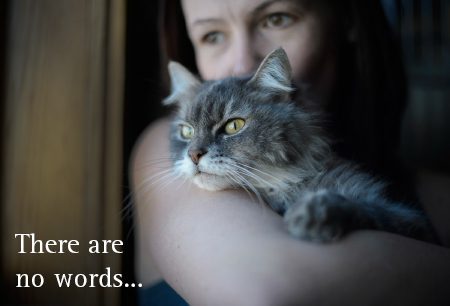All adoptable animals are viewable online! Learn what to expect when applying to adopt an animal.
Search for adoptable animals now >>
Adoption
Fostering an animal means you take a BC SPCA animal into your home and care for them for us. While they’re in your home, we provide you with food and medical care until the pet is available for adoption. Foster families help animals recover from illnesses/injuries or provide them with socialization and love.
If you are unsure about adopting an animal, or unable to make the commitment at this time, fostering can be a great way to bring animals into your life.
While fostering is temporary, many foster families fall in love with the animal in their care and decide to adopt them.

Some general things we look for in foster families:
- Length of commitment from a couple of days to several weeks
- Ability to spend time with the animal every day
- Daily monitoring of the animal as needed
- Ability to accommodate time to transport the animal, as needed, for appointments, treatments and weigh-ins
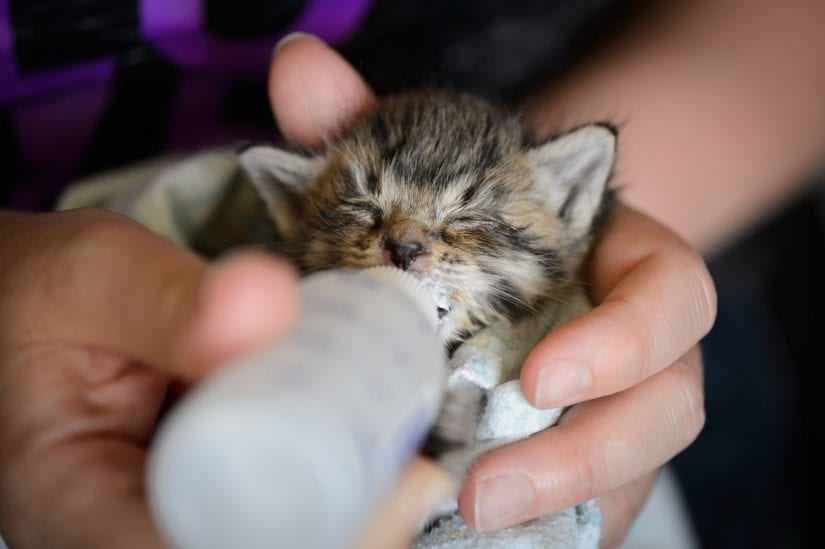
Fostering opportunities
- Nursing dog with puppies
- Nursing cat with kittens
- Orphaned kittens or puppies
- Sick or injured animals needing medical care
- Animals needing help with behaviour issues
- Puppies and kittens too young to be in the animal centre
- Horses and other farm animals
If you are 19 years of age or older, you can view foster care opportunities and apply to become a foster guardian. Learn more about our program, download fostering for the BC SPCA (PDF) and watch the video below.
For questions about fostering horses and other farm animals, email rescues@spca.bc.ca or fill out our horse and farm animal foster application form.
The BC SPCA does not certify or recommend other rescue groups.
What makes an animal rescue organization reputable?
They assess the animal’s behaviour
- An adoption matching process helps to ensure the animal is the right match for you and your lifestyle.
- The animal has had a behavioural assessment or close behaviour monitoring to learn about what they need and identify any behavioural problems. They can provide a record of it.
- Ideally, they know if the animal is a good fit for a household with cats, dogs and young children.
They consider the animal’s health
- The rescue provides adequate veterinary care prior to your adoption. You should expect a cat or dog to be spayed or neutered, vaccinated, de-wormed and given permanent identification. Rabbits should be spayed or neutered.
- Health and medical records provided show an ongoing relationships with a veterinarian or veterinarians.
- The rescue does not exceed its capacity to provide humane care for animals. All animals receive proper care, cleaning, feeding, exercise and enrichment.
- Housing for the animals is clean and sanitary, with space to move around and act naturally.
They address the adopter’s concerns
- A return policy states they are willing to accept the animal back at any time if the adoption does not work out and this is clearly written somewhere.
- The rescue is transparent about medical and behavioural problems and expected future needs.

Questions to ask before you foster or adopt an animal through a rescue
- What is the animal’s history?
- What are his or her medical and behavioural issues? Does he or she have separation anxiety or aggression?
- Is the animal house trained?
- What happens if it doesn’t work out?
If the animal is from another country, ask what diseases and parasites he or she has been tested for. Be sure to reach out to a veterinarian and discuss the risks for the animal itself and the animals they might come in contact with in your home or in public.
If fostering, ask:
- How long am I expected to foster for?
- What do you provide and what am I expected to pay for?
- What do I do if there is a medical emergency? If I have a problem, who do I contact?
